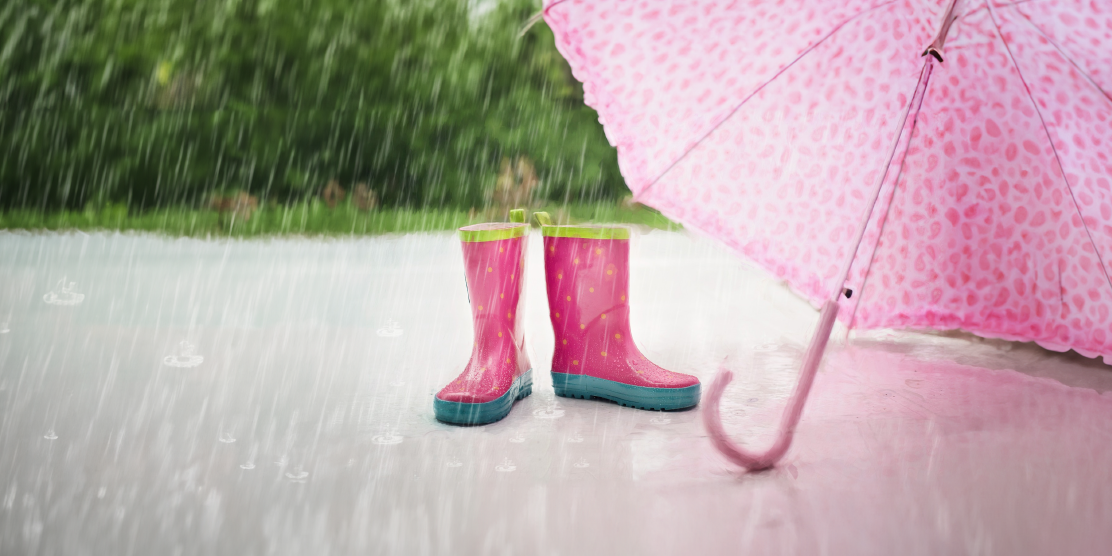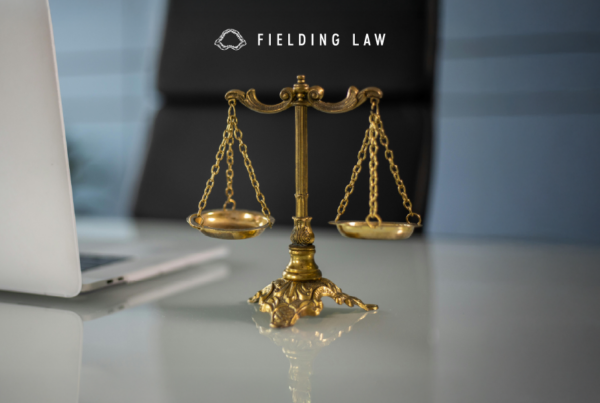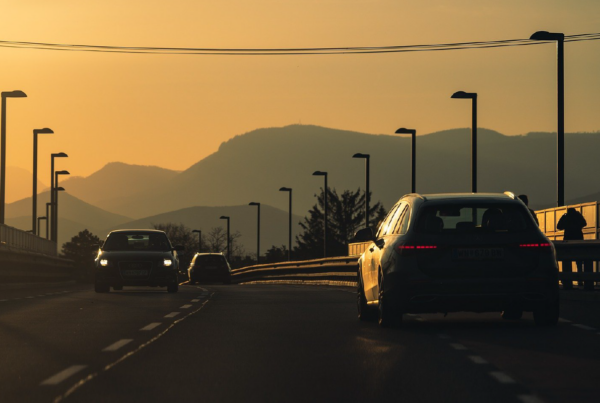Slip and fall accidents can happen anytime, but adverse weather conditions significantly increase the risk. Ice, snow, rain, and wet surfaces can turn ordinary walking paths into dangerous terrains. Understanding who is at fault for slip and fall accidents due to weather-related conditions is essential if you experience such an incident.This guide will help you navigate the complexities of liability and pursue a personal injury claim.
Understanding Slip and Fall Liability
When it comes to slip and fall accidents, liability often falls on property owners. They have a legal obligation to maintain safe conditions on their premises. However, determining liability can be complex, especially when weather conditions are involved. Here are some factors to consider:
- Property Owner’s Responsibility
Property owners must take reasonable steps to prevent accidents caused by weather-related conditions. This includes:- Regularly clearing ice and snow from walkways.
- Applying salt or sand to slippery surfaces.
- Ensuring proper drainage to prevent water accumulation.
- Visitor’s Responsibility
Visitors also have a duty to exercise caution in adverse weather conditions. If a visitor disregards warnings or fails to take reasonable precautions, their actions may contribute to the accident. - Weather Conditions
The severity of weather conditions can also influence liability. If conditions are extreme and the property owner took reasonable steps to mitigate hazards, they may not be held liable. However, if they neglected their duties, they could be responsible for resulting injuries.
Common Weather-Related Slip and Fall Hazards
In this section, you can detail specific weather conditions that commonly lead to slip and fall accidents. Highlighting these hazards can help readers be more aware of potential dangers. Some examples include:
- Ice and Snow: Explain how untreated sidewalks and driveways can become treacherous, particularly during winter months.
- Rain: Discuss how rain can create slippery surfaces and lead to falls, especially on smooth flooring or tiles.
- Wet Leaves: Mention how wet leaves in the fall can obscure hazards and create slippery walking conditions.
- Flooding: Talk about how flooded areas can pose hidden dangers and make surfaces unstable.
What to Be Aware of When Pursuing a Claim
When pursuing a claim for a weather-related slip and fall, consider the following:
- Time Limits: Be aware of the statute of limitations for filing a personal injury claim in your state. Failing to file within this timeframe could result in losing your right to seek compensation.
- Comparative Negligence: In some cases, both parties may share responsibility for the accident. If you are found partially at fault, your compensation may be reduced according to your degree of fault.
- Insurance Adjusters: Be cautious when dealing with insurance adjusters. They may try to minimize your claim or pressure you to settle quickly. It is best to consult your attorney before speaking with them.
Why Hire Fielding Law?
At Fielding Law, we understand the complexities surrounding weather-related slip and falls. Our compassionate team is dedicated to helping you navigate the legal process and pursue the compensation you deserve.
Why Choose Us?
With our experience and commitment to client care, we will advocate for your rights and ensure you receive fair treatment. If you have been injured due to a slip and fall, contact Fielding Law today.
Call Fielding Law at 833.88.SHARK for a free consultation. Let us help you protect your rights and pursue the compensation you deserve.
Note: Information provided is for educational purposes and does not constitute legal advice. Always consult with a qualified attorney for legal concerns.





